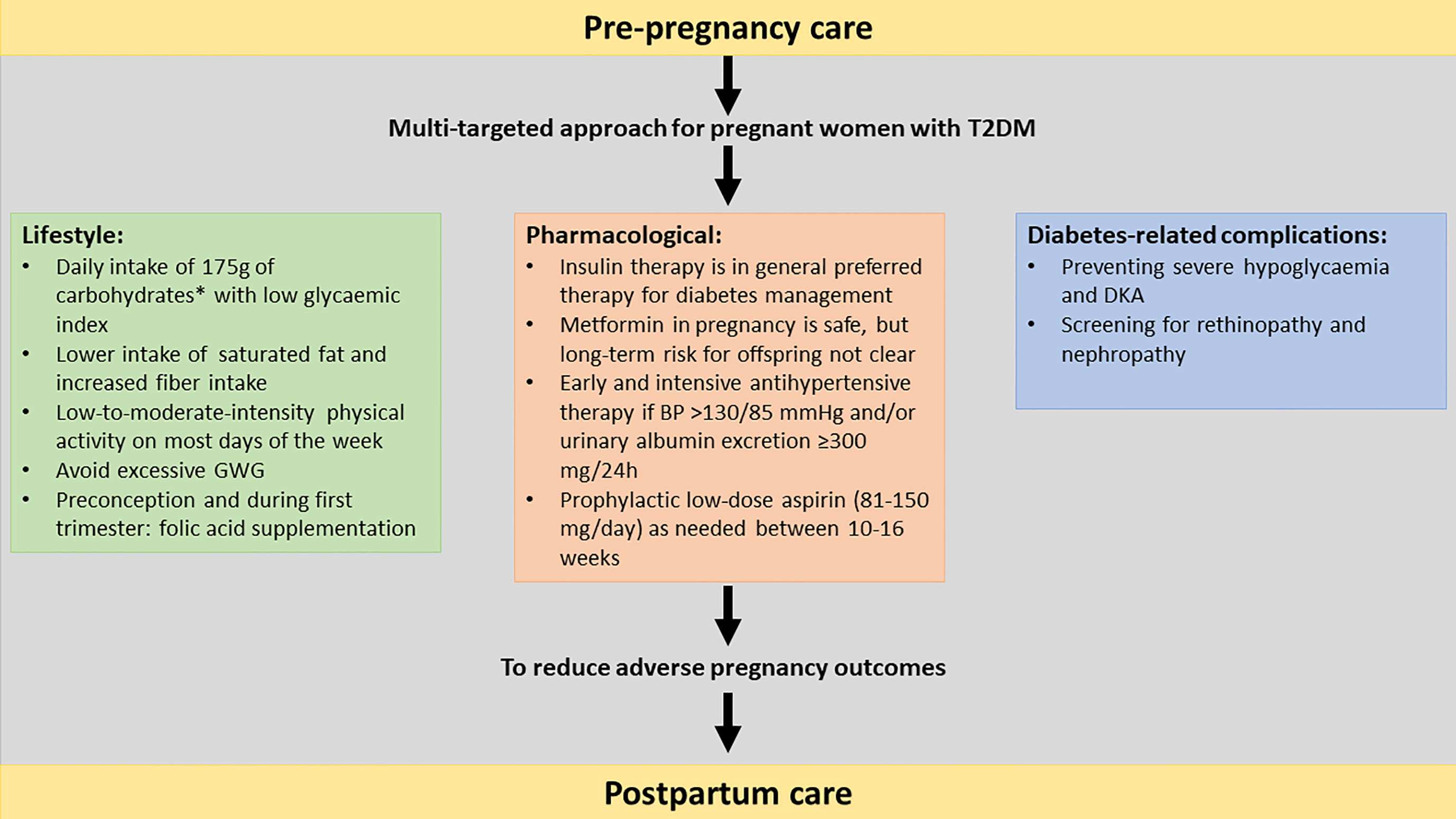Introduction to Type 1 Diabetes in Pregnancy
Overview of managing Type 1 Diabetes during pregnancy
When it comes to Type 1 Diabetes in pregnancy, managing blood sugar levels is crucial for the health of both the mother and the developing baby. Pregnant women with Type 1 Diabetes need to carefully monitor their glucose levels, follow a personalized meal plan, and adjust insulin dosages as needed under the guidance of healthcare providers. Proper management can help reduce the risk of complications and ensure a healthier pregnancy.Importance of specialized care for pregnant women with Type 1 Diabetes
Pregnant women with Type 1 Diabetes require specialized care to ensure optimal outcomes for both the mother and the baby. Regular monitoring, education on self-care practices, and close collaboration between obstetricians and endocrinologists are essential to effectively manage diabetes during pregnancy. Specialized care can help minimize the risks associated with Type 1 Diabetes and support a smooth pregnancy journey.Pre-Pregnancy Planning for Women with Type 1 Diabetes
Understanding the impact of Type 1 Diabetes on pregnancy planning
When considering pregnancy with Type 1 Diabetes, it is paramount to understand the implications on both maternal and fetal health. Proper pre-pregnancy planning involves optimizing blood glucose levels to reduce the risk of complications during pregnancy and delivery. Women with Type 1 Diabetes should work closely with healthcare providers to address any potential concerns and ensure a smooth transition into pregnancy.Role of preconception counseling and glycemic control
Preconception counseling plays a crucial role in educating women with Type 1 Diabetes about the importance of optimal glycemic control before conception. Achieving and maintaining target blood glucose levels prior to pregnancy can significantly improve outcomes for both the mother and the baby. Counseling helps women understand the impact of elevated blood sugar levels on pregnancy and the necessity of proper management to enhance the chances of a successful pregnancy.
Monitoring Blood Sugar Levels During Pregnancy
Importance of frequent blood sugar monitoring in pregnant women with Type 1 Diabetes
In pregnancy, women with Type 1 Diabetes must prioritize regular blood sugar monitoring to maintain optimal levels for maternal and fetal health. Continuous monitoring allows for timely adjustments in insulin doses and lifestyle choices to ensure stable glucose levels throughout pregnancy. Consistent monitoring helps in detecting fluctuations and addressing them promptly to minimize risks and complications associated with high or low blood sugar levels during gestation.Utilizing continuous glucose monitoring systems during pregnancy
Utilizing continuous glucose monitoring systems during pregnancy can provide real-time data on blood sugar trends, offering valuable insights for managing diabetes. These systems offer convenience and accuracy in tracking glucose levels, enabling pregnant women with Type 1 Diabetes to make informed decisions about their diet, exercise, and insulin regimen. By adopting continuous monitoring, women can proactively maintain optimal glycemic control and promote a healthier pregnancy outcome.
Insulin Therapy in Pregnancy for Type 1 Diabetes
Managing insulin doses and adjustments during pregnancy
During pregnancy, managing insulin therapy for women with Type 1 Diabetes is crucial for both maternal and fetal well-being. Proper management involves regular adjustments in insulin doses based on blood sugar levels, lifestyle changes, and individual response to treatment. Consistent monitoring and collaboration with healthcare providers are essential to ensure optimal glycemic control throughout pregnancy. By carefully monitoring insulin requirements and making timely adjustments, pregnant women can maintain stable blood sugar levels and reduce the risk of complications.Balancing insulin requirements with changing hormonal levels
Balancing insulin requirements with fluctuating hormonal levels is a key consideration for pregnant women with Type 1 Diabetes. The dynamic hormonal changes during pregnancy can impact insulin sensitivity, requiring adjustments in insulin doses accordingly. Close monitoring of blood sugar levels and regular communication with healthcare professionals are essential to achieve the delicate balance between insulin needs and hormonal fluctuations. By adapting insulin therapy to meet changing hormonal demands, women can effectively manage their diabetes and support a healthy pregnancy.Nutrition and Diet Management for Pregnant Women with Type 1 Diabetes
Creating a tailored meal plan for optimal blood sugar control
During pregnancy, personalized meal planning is crucial for managing Type 1 Diabetes. Tailoring the diet to include balanced carbohydrates, proteins, and fats can help maintain stable blood sugar levels. By working closely with a healthcare team, pregnant women can create a customized meal plan that addresses their nutritional needs while supporting optimal glucose control.Importance of nutrition for the health of both mother and baby
Nutrition plays a vital role in promoting the well-being of both the mother and the developing baby. A balanced diet rich in essential nutrients is essential for supporting fetal growth and development. For pregnant women with Type 1 Diabetes, maintaining a healthy diet is even more critical to manage blood sugar levels and reduce the risk of complications. By prioritizing nutrition, women can support a healthy pregnancy and overall well-being.
Facebook
Twitter
LinkedIn






